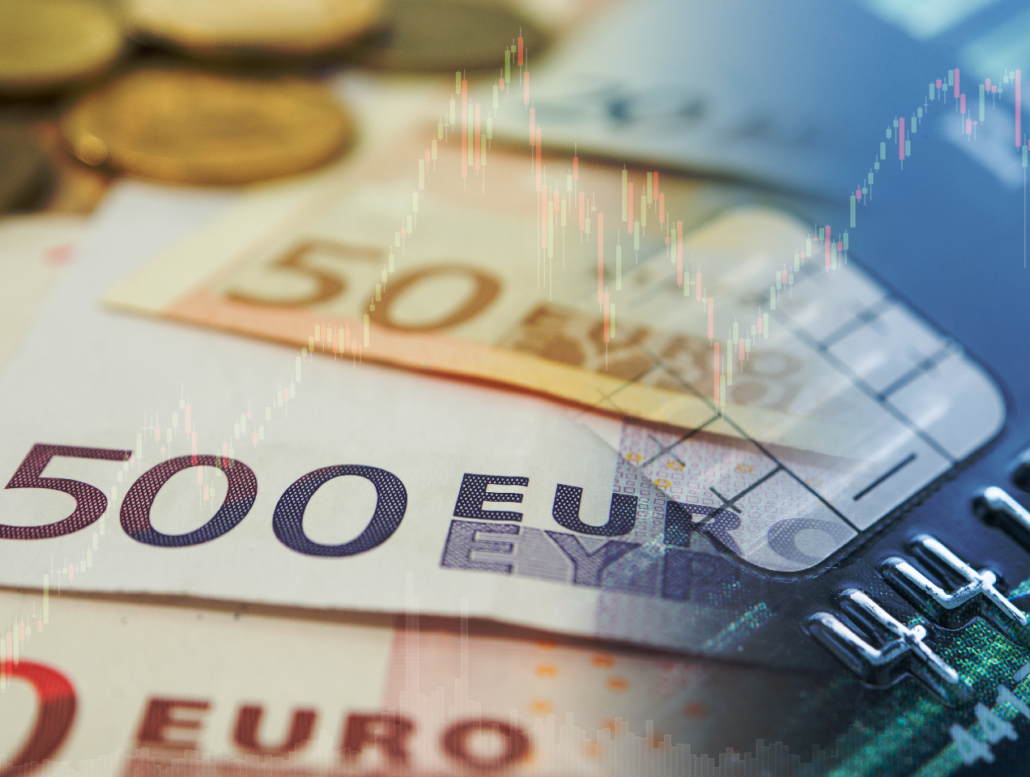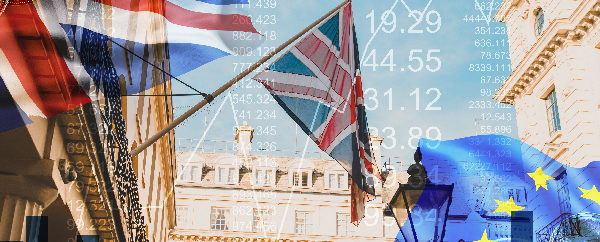Foreign exchange, or forex, can be a tempting investment. We’ve all seen currency exchange rates change over time and you may have bought currency for a holiday at a strategic moment in the past to get the best exchange rate per pound.
Because of this familiarity, the prospect of investing in forex by buying a currency when it is weak and selling it when it is strong can seem less daunting than many other markets.
However, trading in currencies is by no means foolproof – the many different influences on the value of a currency can be hard to predict, and it only takes one economic shock like the sub-prime lending crisis or Brexit to plunge a once-strong currency into treacherous waters for a decade or more.
Here are some of the main risks of investing in foreign currencies, as well as the rewards that can be achieved by playing the forex markets.
What are the main risks of forex?
Investing in foreign currencies by definition exposes you to the risks of two economies instead of just one.
If the currency you are investing in strengthens, the value goes up. Likewise if your own domestic currency weakens, you can again expect a better exchange rate when changing foreign currency back.
But with many institutional investors also playing the forex markets, huge profits rely on changes of just a fraction of a penny or cent, and it can be difficult as an individual to move fast enough to beat the market.
On top of this, currency markets trade around the clock, so unlike stock exchanges which cease trading at the closing bell, you miss out on hours of potentially good trades while you sleep.
Volatility
Volatility in currency markets is not as high as you might expect. Forex is typically less volatile than investing in individual stocks and shares, although it is more volatile than bonds.
This can make forex a good balanced proposition for some investors, but to turn substantial profits you will need to be prepared to invest large amounts.
Because of this, there is often a high degree of leverage in forex trades, which can lead to large losses many times the initial investment if exchange rates do not perform as expected.
Some foreign exchange investments may be leveraged by a ratio of as much as 100:1 by the investment broker, creating the risk of very high losses indeed if the currency weakens further instead of strengthening.
Choosing a currency pair
To make a forex trade, you need to decide which pair of currencies you want to exchange between.
If you’re starting out with an investment portfolio held entirely in pounds sterling, you’ll need to look at pairs that include GBP – for example the exchange rate against the US dollar, the euro or Japanese yen.
As your forex portfolio diversifies with time, you might start to hold balances in multiple currencies, allowing you to make spot trades between different foreign currencies independent of sterling’s value.
The US dollar is widely regarded as the benchmark currency for forex trades, as with many other investment markets, making it a good starting point if the current conditions are favourable.
Ways to invest in forex
Spot trades – literally exchanging a sum of one currency for another at a preferential exchange rate – are not the only way to invest in forex.
You can also use trading platforms that allow you to set a target exchange rate, which will then trigger a trade if the specified currency pair reaches that rate.
By doing this you can hold currencies indefinitely in the knowledge that if they reach a profitable rate, a trade will be triggered to return that profit to you before the rate drops again.
Finally, some investors trade in forex futures – basically a promissory note to pay a certain price for a currency at a future date – in a way similar to commodities futures and with similar risks and rewards.
How to profit from forex
There are several ways to profit from forex investment and somewhat surprisingly, not all of them require a currency to strengthen before you exchange it back.
First of all, buying a currency during a period of upward momentum – similar to buying any stock that is gaining value – can allow you to sell fairly soon at a profit.
Some of the potential pitfalls with this include unexpected shocks that cause the currency to weaken, a loss of value by not buying in at the very bottom of its cycle, and erosion of gains due to the fees and commission payable.
An alternative is to adopt a mean reversion strategy – essentially gambling on the belief that a currency is undervalued and will return to its long-term average in the future.
This can be a slightly longer-term strategy, especially during extended periods of economic turbulence when the target currency could take some time to fully recover.
Finally, gains can be made by exchanging between two currencies that have a stable exchange rate but are underpinned by different base interest rates.
By exchanging from the currency with the lower interest rate to the one with a higher base rate, you can add to your portfolio before exchanging back at the same relative strength.
Foreign Exchange Traded Funds
The E in Exchange Traded Funds refers to a stock exchange, not to foreign currency exchange – but in some cases an ETF can do both, giving you access to one or more currencies traded like a basket of stocks and shares.
Foreign ETFs or Currency ETFs do just that, and date back as far as 2005 which means there is at least some performance data to look at for the oldest forex ETFs that are still available.
Profits can be made in a number of ways. The first and most obvious is appreciation in the value of a currency held in the ETF, which can then be exchanged back to the domestic currency at a better rate just like any other forex trade.
Forex ETFs can also pay interest for the amount held in the fund – again this is achieved by investing in currencies with higher base rates and is akin to a stock dividend.
As always, ETFs with broad coverage represent a way to invest in a ‘basket of currencies’ that insulates you against economic shocks on a national level, such as natural disasters or political upheaval; however, they will not protect you so well against a global crisis like the credit crunch.
Disclaimer: The information provided here is not investment, tax or financial advice. You should consult with a licensed professional for advice concerning your specific situation.




